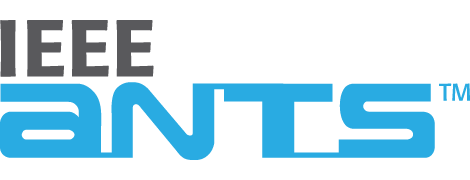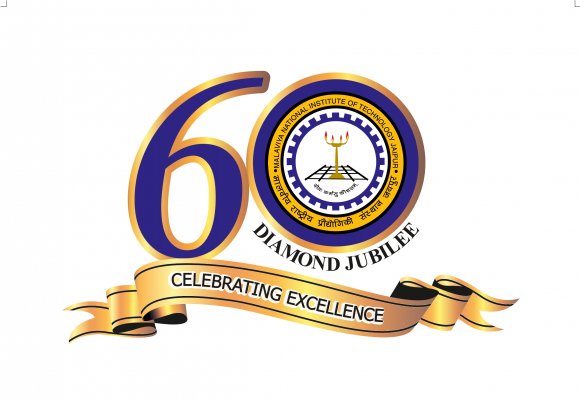IMPORTANT DATES
Workshop Paper Submission Deadline: 7 September 2023 10 October 2023 (Extended)
Workshop Paper Acceptance Notification: 10 November 2023
Camera Ready Paper Due: 20 November 2023
Workshop ORGANIZERS
- Arzad Kherani, Indian Institute of Technology, Bhilai, India
- Sachin Chaudhari, International Institute of Information Technology, India
- Soumava Mukherjee, Indian Institute of Technology Jodhpur, India
- Vireshwar Kumar, Indian Institute of Technology Delhi, India
SCOPE AND MOTIVATION
Standards are technical specifications that are required for any technology to be successfully deployed and for its widespread use as standards allow interoperability and global harmonization of technologies. Standards enable multiple players to design their own products while adhering to the broad definitions of how products should behave.
The standardization process involves several years of deep research and technical discussions among various parties to ensure a technically sound description is defined as a specification. It is important that research in institutes and organizations are put to practical use especially when new generation of technology standards are evolving as is the case with 6G wireless technologies and some efforts to develop standards for widespread use of AI. Institutions across the world are now motivating researchers to focus on innovations that can be practiced and converted into end products. It is also very critical for wider participation from across geographic entities towards global standards effort as this leads to better globally harmonized standards and a fair IPR spread.
With the emergence of AI and concerns around cyber security, regulatory bodies across the globe are now drafting frameworks whereby manufacturers are obliged to provide conformity requirements on accuracy, robustness, and cybersecurity. Regulatory bodies are insisting on operationalizing some of the mandatory requirements across areas such as AI, cyber security through harmonised technical standards in order to bring about conformity, reduce cost and reduce uncertainty. The goal of this workshop is to foster a better understanding of the advantages that standards can bring about in different areas such as AI, Communications, Cloud interoperability etc. It also lays emphasis on the role of evaluation methodologies and models used in the standardization process, that becomes the framework to compare performance across different proposals and how it can be leveraged by researchers while investigating new techniques and algorithms.
RATIONALE
There is a continuous effort put into the evolution of networks and systems to remain in pace with the need. Every few years, there are transformative research happening in these fields, which find their way into commercial systems in a few years further. A continuous effort is also necessary for the development of internationally harmonized standards development, so that such innovation become useful. International Standards mean that consumers can have confidence that their products are safe, reliable and of good quality. Regulators and governments count on standards bodies like the ISO, ITU, 3GPP, IEEE, ETSI, etc. to help develop better regulation, knowing they have a sound basis thanks to the involvement of globally established experts.
There are many contradictory views about the importance of standards in research and innovation. Research & innovation motivates standardization, and standardization of solutions requires further research & innovation, thereby keeping this vicious cycle active. The purpose of this workshop is to bring together innovative minds researching, networking and communication systems to connect and exchange ideas on topics that involve standardized solutions.
With the recently launched vision of Bharat 6G, emphasis on pre-standardization activities have become even more important. This workshop will provide a platform to exchange ideas relevant to this activity.
TOPICS OF INTEREST
Topics of interest include, but are not strictly limited to:
- Machine learning and artificial intelligence for 6G
- Standards to enable Federated Learning for decentralized Machine Learning and knowledge exchange.
- 6th Generation wireless Standards, what should 6G networks look like
- Openness for Radio Access Network design for 6G
- New network architectures for 6G such as composable networks etc
- Next-generation standards for cyber security and cyber physical systems.
- Evaluation methodologies and models for validating new use cases
- Testbeds/Experimental setups for Standardization activities
WORKSHOP PAPER SUBMISSION
All workshop papers should be submitted via EDAS, WS4: Workshop on Standards Driven Research track. Full instructions on how to prepare the paper are provided on the lEEE ANTS 2023 website: https://ants2023.ieee-ants.org/submission-guidelines





